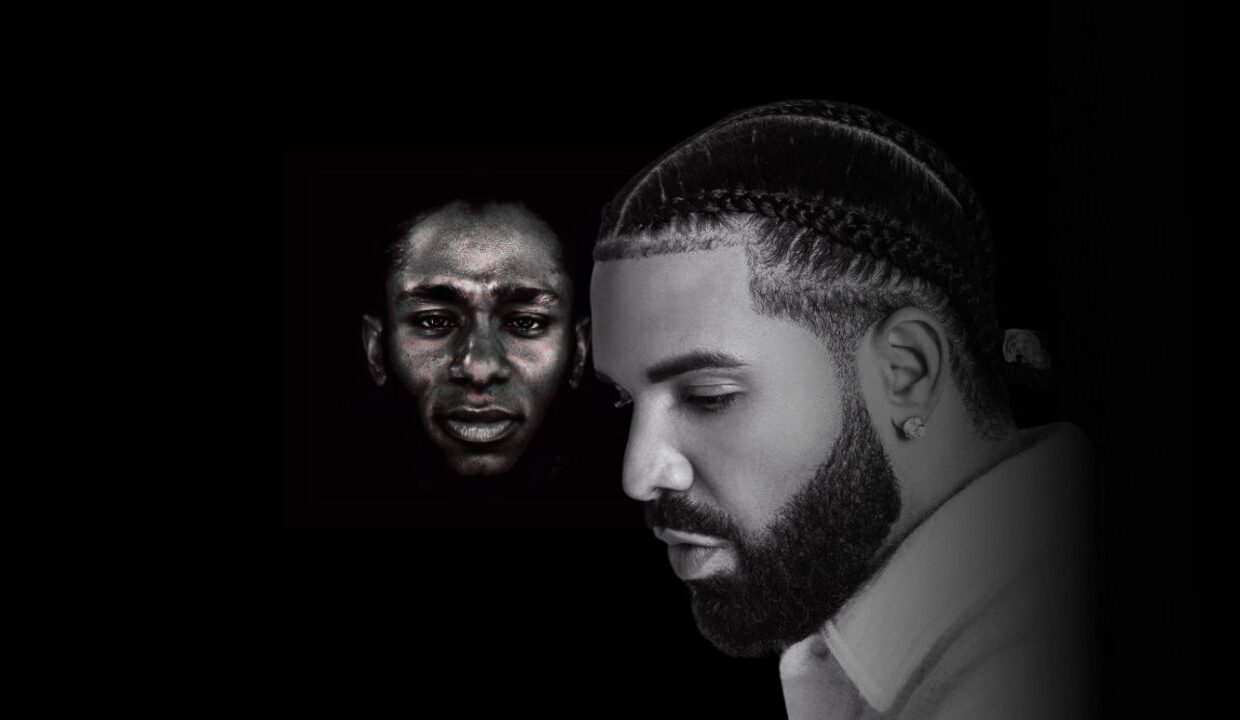As we stride toward the 51st year of Hip-Hop, there’s a curious twist: people are finally giving MC Hammer his due while simultaneously throwing shade at Drake, dubbing him more “pop” than “Hip-Hop.” Let’s dive in. The whole debate sparked from a chat on The Cutting Room Floor, where Mos Def (Yasiin Bey) labeled Drake as “pop.” He said, “Drake is pop to me, in the sense like if I was in a Target in Houston. It just feels like a lot of his music is compatible with shopping.”
Let me break it down for you, starting with a Golden Era icon—MC Hammer. Once upon a time, it seemed like the Bay Area rapper was Hip-Hop’s public enemy number one. Now, before you agree or disagree, let’s back up a bit. Before Hammer’s 17 million album sales in the early ’90s and a Grammy nod for “Please Hammer Don’t Hurt ‘Em,” Hip-Hop was still finding its footing. Icons such as Run-DMC, who crossed over using rock ‘n roll and with the massive Aerosmith collaboration, “Walk This Way,” were all about expanding their reach, including drawing in a white audience.
The trend wasn’t unique to them. Artists such as Kid-N-Play, Salt-N-Pepa, DJ Jazzy Jeff and the Fresh Prince, LL COOL J and others aimed for stardom, seeking mainstream success and record sales. Fast forward to today, MC Hammer is being celebrated, while Drake—who rapped in “First Person Shooter” with J. Cole—one of 2023’s best, in my opinion—laments, “Will they ever give me flowers, of course not.”
Yasiin Bey could’ve argued for Drake’s place in Hip-Hop, even with his pop leanings. After all, “pop” isn’t a dirty word. Michael Jackson, the self-proclaimed “King of Pop,” is still fiercely defended by fans. Pop simply means popular, and in 2024, that translates to streaming success. There’s no comparison if you look up the number of popular rappers now compared to the ’80s, ’90s and even the 2000s. Drake’s response to Mos Def was lukewarm and didn’t quite hit the mark. But here’s the thing: being pop doesn’t negate an artist’s R&B or Hip-Hop credentials—just look at MJ, or even somebody like Coldplay, an alternative rock band that’s also a pop sensation.
Personally, I’m more into hardcore rap, the kind that challenges systems and norms. But I recognize there’s space for everything in Hip-Hop. From Lauryn Hill’s mostly sung masterpiece, The Miseducation of Lauryn Hill, to Missy Elliott’s pop-infused tracks, they all contribute to the culture’s vibrancy. It’s also a business, after all, and diversity is key.
Toward the end of the interview, Mos Def pondered, “Are we not in some early stage of that at this present hour? Are we seeing like the collapse of the Empire?” Is Hip-Hop facing its downfall? I can’t say for sure. But I do know this: Drake can be both Hip-Hop and pop. They’re not mutually exclusive. Yasiin Bey might not be into Drake’s music, and that’s OK. We all have our preferences. My buddy Jared adores everything Drake does, sparking endless debates. That’s the essence of Hip-Hop.
At AllHipHop, we strive to cover and embrace the full spectrum, even if some parts aren’t my cup of tea. Honestly, this whole debate just fuels unnecessary division within Hip-Hop.
In the words of Mos Def, “Black people unite, come on, and get down/Gotta have what? Love, peace and understanding…” Lastly, tell the truth…isn’t the eternally beautiful “Umi Says” totally compatible with shopping at Target in 2024? So many SKUs in Hip-Hop…so many SKUs.
